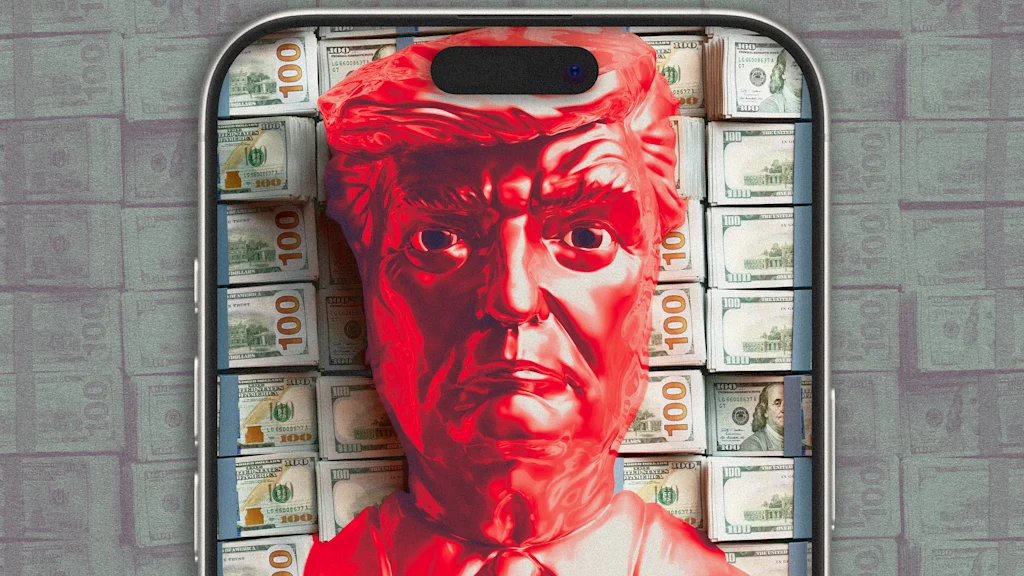
"If 2025 is the year of anything, it is the year of the tariff. Ever since President Trump unleashed his "Liberation Day" tariffs on the world in April, consumer confidence has slumped, businesses have laid off workers, and economic uncertainty has risen sharply. But economic uncertainty isn't the only thing rising. Prices of consumer goods, especially those manufactured in some of the highest-tariffed countries, including China, Vietnam, and India, are up, or are likely to be before the end of the year."
"And that's bad news for iPhone fans because Apple manufactures a majority of its most popular devices-or at least the components that go into them-in those countries. Will the new iPhone 17 models that Apple is on track to debut next month cost more due to Trump's tariffs? Unfortunately, the answer is likely a big "yep"-though some uncertainty remains. Based on what we know today, here's how much you could be paying for your next iPhone 17."
"It's important to note that just because there is a 30%, 40%, or even 50% tariff on goods from select countries, it doesn't mean that consumer items shipped in from those countries will automatically be 30%, 40%, or 50% more expensive. This is because large companies often have some leverage in reducing the impact of tariffs on their bottom lines. Yes, they can, and often will, pass some of the tariff costs onto their customers. But they can also reduce some tariff costs in other ways."
Tariffs implemented since April have reduced consumer confidence, prompted layoffs, and increased economic uncertainty. Consumer goods prices are rising, particularly for items from high-tariff countries such as China, Vietnam, and India. A substantial share of Apple devices and components are manufactured in those countries, increasing the likelihood of higher iPhone 17 prices. Tariff percentages do not automatically translate into equal consumer price increases because large companies can absorb or shift costs. Apple can pressure suppliers to take on some cost burden, but some tariff-related costs will likely be passed on to consumers.
Read at Fast Company
Unable to calculate read time
Collection
[
|
...
]